Sports in school is a rather contentious issue. Many people think that it only steals the valuable time that could be devoted to more important subjects. Others argue that only children with special talent and love for sports should indulge in the corresponding activities while others do not need it. However, regular physical activity has long been proven to offer loads of benefits both physical as well as mental. And for school children, it is especially important.
The usefulness of regular physical exercises was recognised long ago. Any nursing paper writing service will offer you myriads of research evidence and statistical data to prove its benefits for human mental and physical health. While it has always been considered that sports’ main purpose is to stay healthy and fit physically, there is no doubt that it also helps to enhance emotional fitness and develop a lot of useful skills.
Maintaining good health is especially important for children. Apart from strengthening their still unstable organisms, sports also help to nurture positive habits that will stay with them for a lifetime. Therefore, including physical training lessons in the school curriculum has a wide range of benefits that addresses so many issues and prevents so many problems simultaneously. Here are some reasons to justify sports in the school curriculum.
Physical Health
The primary benefit of sports is undeniably physical health. It is especially important for students who spend most of their time sitting at their desks, and prefer mostly inactive hobbies like video games and social media. Physically active children can avoid a myriad of illnesses including obesity and osteoporosis. Sports help to increase bone density and cardiovascular fitness, reduce blood sugar levels and chronic muscular tension, and regulate blood pressure and lungs strength. The lessons of physical training introduced into the school curriculum are especially useful for children who do not get into sports outside school. Even minimal exercise a couple of times a week will help them to release the deposited energy and grow up more energetic and healthier.
Physical Fitness
Regular physical activities help students to maintain proper fitness levels and reduce the harmful effect of their sedentary lifestyle. Sports help to neutralise the formation of excess fat, develop good posture, improve coordination and balance, and attain various physical skills. Children’s bodies get stronger and more enduring.
Emotional Fitness
Mental health and fitness are no less important than physical, and sports are one of the best assistants in attaining this goal. The happiness hormones released during physical activities strengthen students’ emotional stability, minimise stress, and reduce the possibility of depression, making them more positive and cheerful. Mental health is the direct way to better academic performance and achievement of high goals.
Reduced Stress
Intensive mental work students are engaged in all day long is very draining. They need something to relax, recharge, and re-energise after long hours of sitting in class at least once in a while. Sports are the best activity to get distracted from books, tests, and constant learning that puts so much pressure on school children. Physical activity releases endorphins into the brain, which transmit good feelings, improving the mind and the body. It exploits both mental and physical attributes and brings some change into the daily academic routine. Besides, students have a chance to go outdoors for some fresh air and sun, which is an additional benefit for stress release.
Improved Sleep
Everyone knows about the health benefits of peaceful sleep for at least 8 hours a day, especially for school-going children. It helps to relax the mind and provide good rest to the body, getting them both ready for another working day. Sufficient sleep positively influences mood, enhances concentration, and reduces stress. However, children often tend to have difficulties with falling asleep or having disturbed sleep, waking up too often during the night. The reasons may include too much pressure, overstrain, and academic stress. One of the best ways to ensure deep and healthy sleep at night is the physical training lessons at school. The physical load that children get tires up to their bodies and minds, facilitating their rest at night.
Better Academic Performance
Numerous studies have proven the positive link between exercising and enhanced mental work, which is a benefit for students’ performance in class. Regular physical activities help to grow hippocampus, the part of the brain responsible for learning and memory, thus boosting the brainpower and children’s cognitive abilities. Besides, it enhances blood and oxygen flow in the brain, improving its functionality. It was proved experimentally that this also has a positive impact on creativity, enhancing divergent thinking. And of course, regulated brain functionality achieved due to sports engagement improves attention, concentration, and executive control, helping at tests and in everyday school assignments.
Enhanced Discipline
But for observable benefits for physical and mental fitness and health, engagement in sports activities also helps to nurture a myriad of soft skills and develop useful attributes in students. Discipline is one of such characteristic features. In sports, it is very important to follow the rules of the game, obey the coach’s orders, and respect decisions and other regulations. Getting used to such behavior teaches children important physical, mental, and tactical discipline. This attribute will be very valuable attainment in all the spheres of their life.
Time-Management Skills
Discipline in sports often concerns the scheduled time of a game or the timely accomplishment of some specific action. When children learn the basics of time sense at their physical training lessons, they get more accustomed to following any clock limitations in their other endeavours. As a result, they learn time-management skills and get better at planning their activities beforehand, balance the time for studies, family duties, and entertainment, and schedule any important events properly. The skill is extremely valuable not only in academics but in any career they would choose for themselves.
Patience and Perseverance
It is impossible to achieve any positive results in sports without patient and perseverant practice. The same is relevant to any life situation. To succeed and come as a winner, you need to work hard and never give up. Children who try their best to excel in sports will learn how to attain the desirable results and fulfil their goals through patience and perseverance.
Improved Self-Confidence and Self-Esteem
By successfully attaining the goals and building a positive image in any endeavour, a person improves his or her personal value. Indeed, when students work hard and persistently accomplish their aims, observing real positive results, they start trusting their own strengths and abilities, which improves their self-esteem and self-confidence. Besides, the slightest approval from the coach, the teammates, the family, or the competitor can instil even greater tenacity. This trait of character is very valuable for their academic performance as well as in the further life pathway.
Positive and Success-Oriented Mindset
Mentoring is one of the inseparable components of any sporting activity. At the physical training lessons, children are constantly mentored by their teachers, coaches, and support staff. Trivial as it may seem, this simple detail plays an extremely important role on the subconscious level. Experiencing such positive mentoring and support all the way, students feel stronger, perform better, and learn to manage their emotions, respect authority’s decisions, and accept failures, all of which translate into a positive mindset – an important asset in any sphere of life. Besides, thriving to excel, to do your best, and to win the game, children get more success-oriented. The driving force that directs them towards their goals nurtures their internal skills of critical thinking, coping with adversities, handling pressure, and differentiating between the need to take a risk or stay away from it.
Social Skills
Socialisation is the best way to distract from all those academic issues and troubles in the classroom. Physical training lessons are a perfect setting for this activity, where you need to mingle with people of different ages, including your teammates, coaches, judges, and opponents. Such interactions considerably develop the much-needed social skills, teaching students to communicate with various people and in varied circumstances, accommodate differences, express themselves freely and effectively, take challenges, solve problems, and resolve disputes. Overall, sports make children more mature and confident and prepare them for adult life.
Teamwork Skills
Sports are mostly team-oriented activities that require proper cooperation and coordination of efforts. Having learned how to work in a team at the physical training lessons, children will be able to become stronger and more valuable individuals in any other setting. The skill is very useful for group projects in school as well as working with colleagues in their future careers. It teaches them to respect other people’s views, share ideas, make valuable contributions, and appreciate the input of others.
Leadership Qualities
Apart from cooperating with the teammates, sporting activities often require taking up the responsibilities of a leader. This role is perfect for developing decision-making skills as well as improving communication abilities to instil the winning spirit in teammates and direct them to the desired victory. Leadership qualities are very helpful in future careers, assisting students to secure prospective positions and climb up the employment ladder.
Healthy Habits
School years is an important period when the child’s character is developed and personality is formed. The influences they get during this time play a crucial role in what adults they will grow into. Regular physical activities can nurture their positive habits of leading a healthy lifestyle, getting enough exercise, and keeping proper diets. Meanwhile, the discipline component inherent in any sports activity will instil a myriad of other useful behaviours and habits that will be of enormous value during the lifetime.
In Conclusion
No one is a born athlete. The world definitely needs scientists, researchers, inventors, and artists as well to maintain the balance of the entire life on the planet. However, the young children’s minds and bodies, which are still in the process of active development during their school years, are in dire need of at least some physical activity on a regular basis. Sports produce a positive effect on physical and mental health in a variety of different ways in addition to facilitating the development of positive characteristic features and valuable skills. Thus, exposure to sporting activities is vitally important, especially for children who do not (or think that they do not) possess any special athletic talents and do not go into sports outside the school. For this reason, including sports in the school curriculum is really essential for the physical, mental, emotional, and personal benefits of all the children.

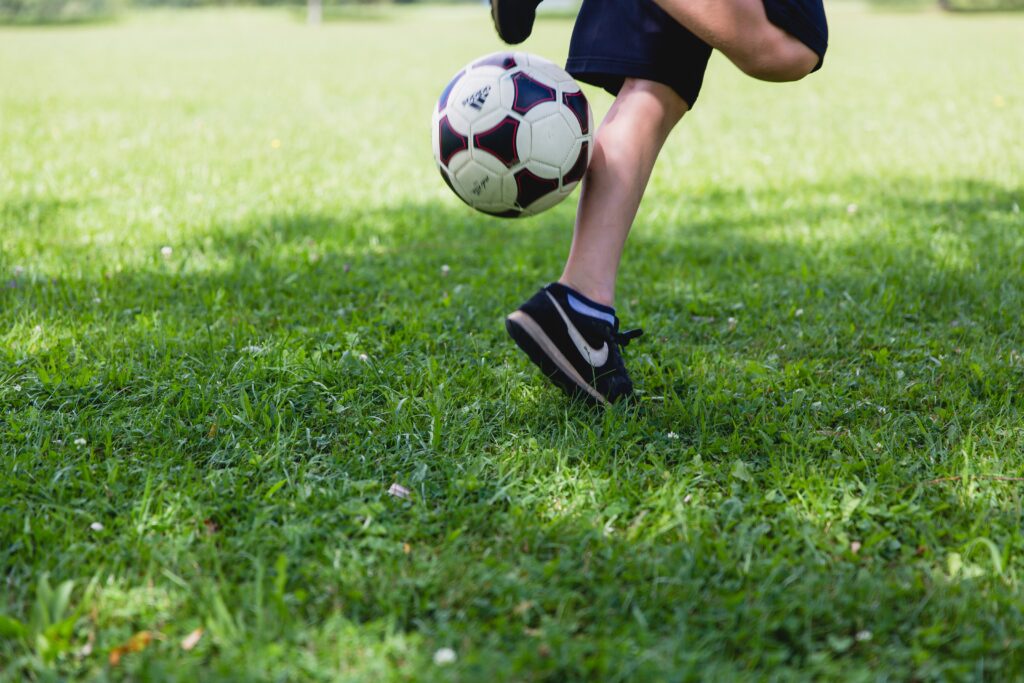
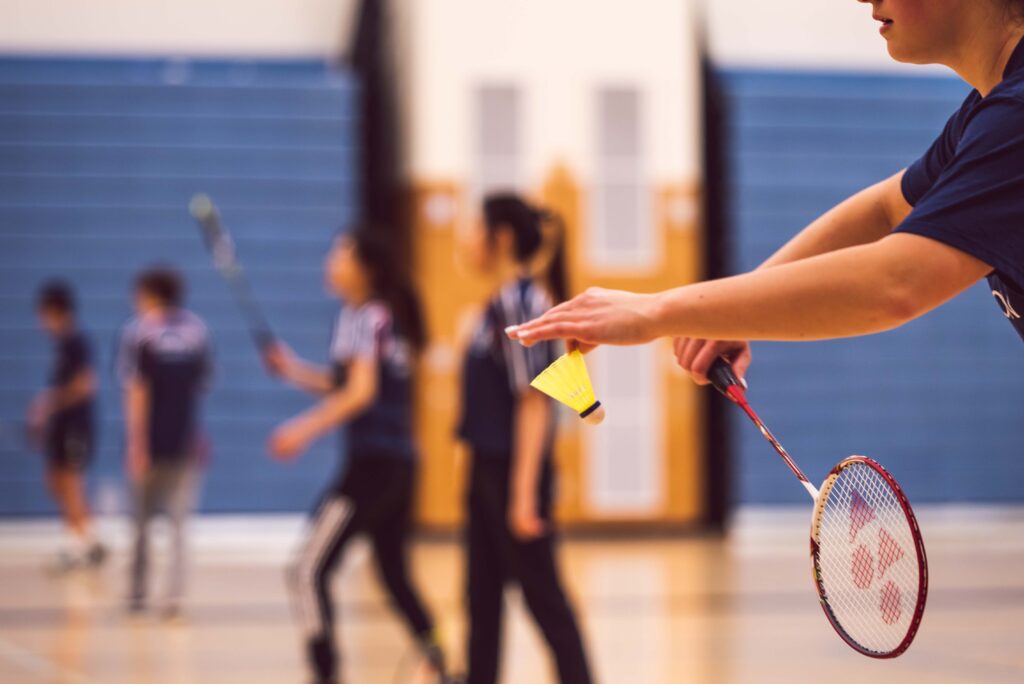
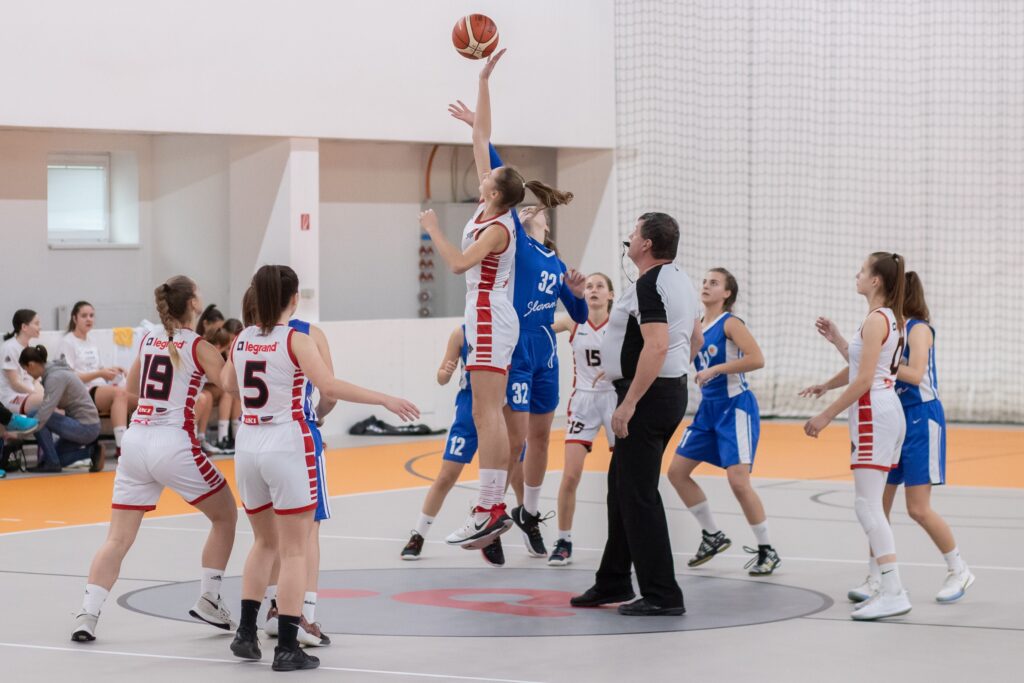
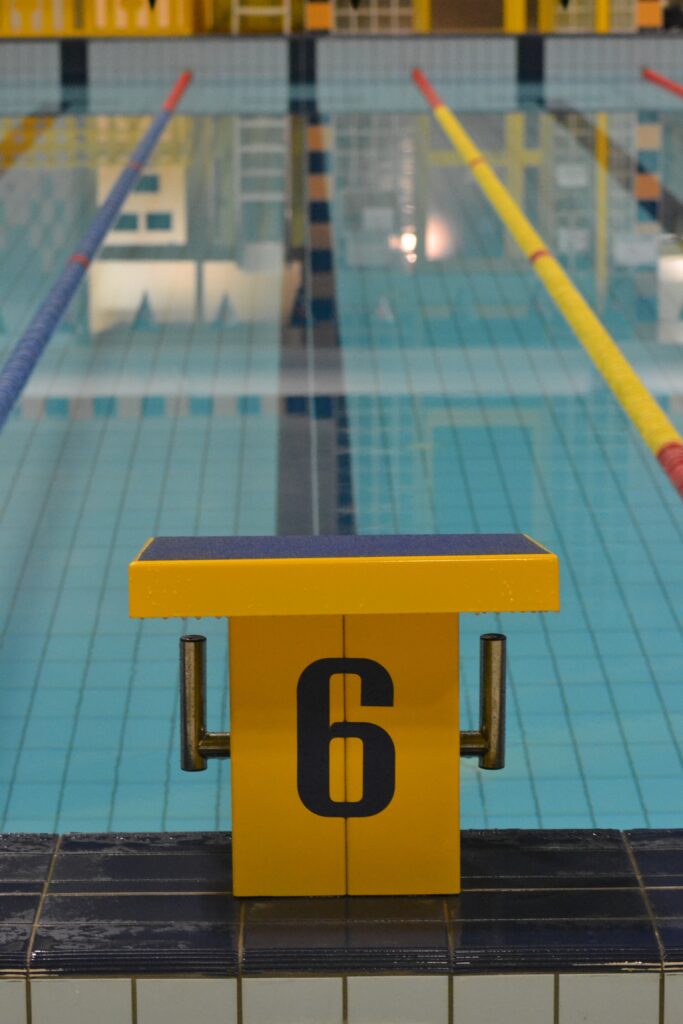
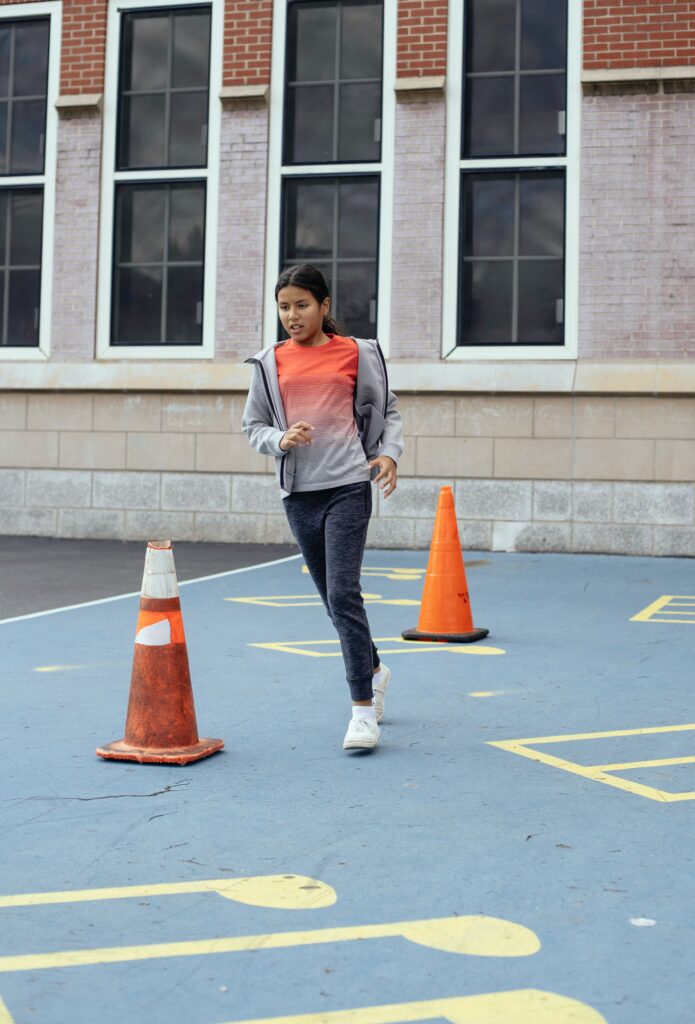

2 comments
I absolutely hated doing P.E at school unless it was badminton
i find for myself good website studyhelper.com/argumentative-essay-samples have a nice day!